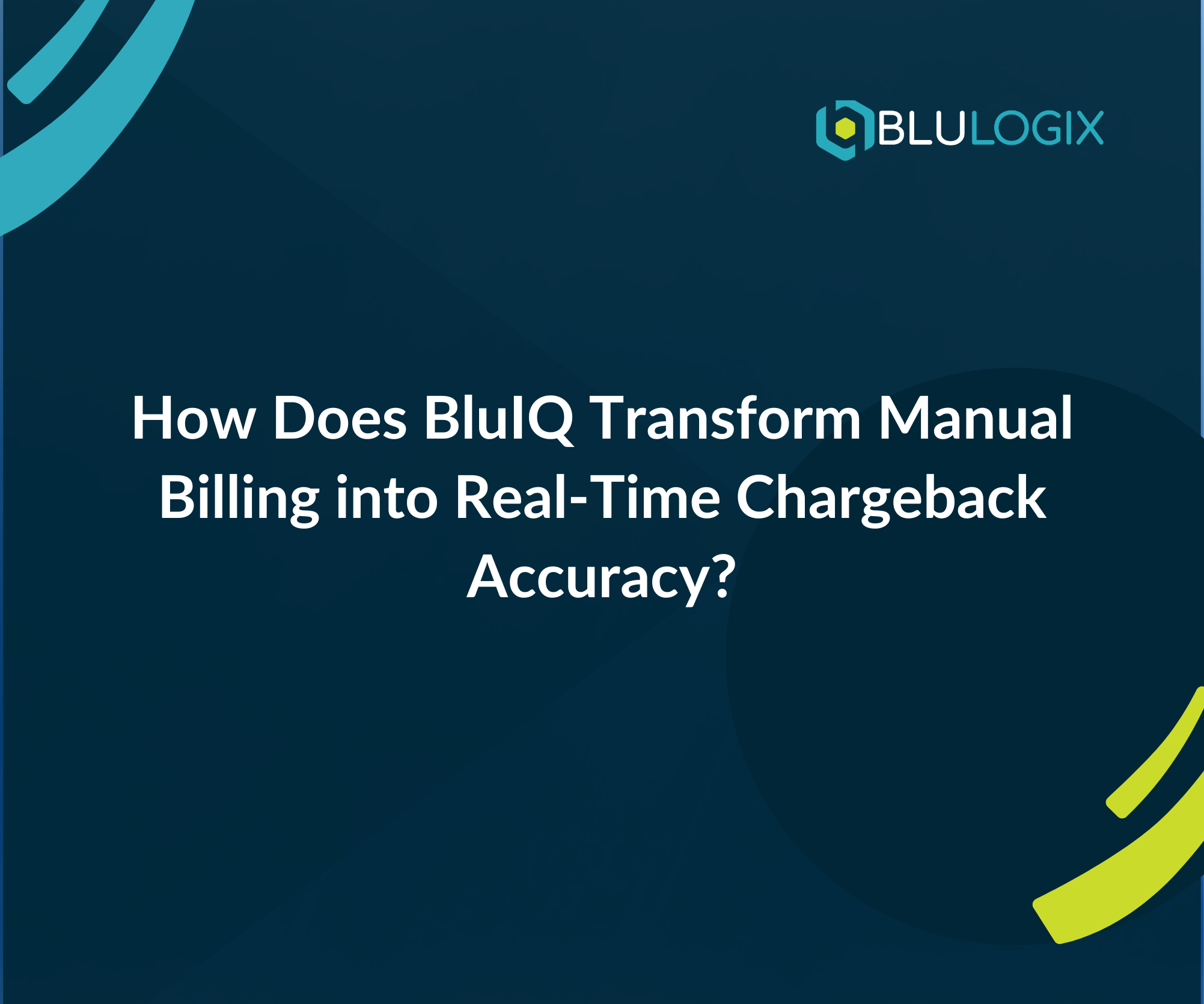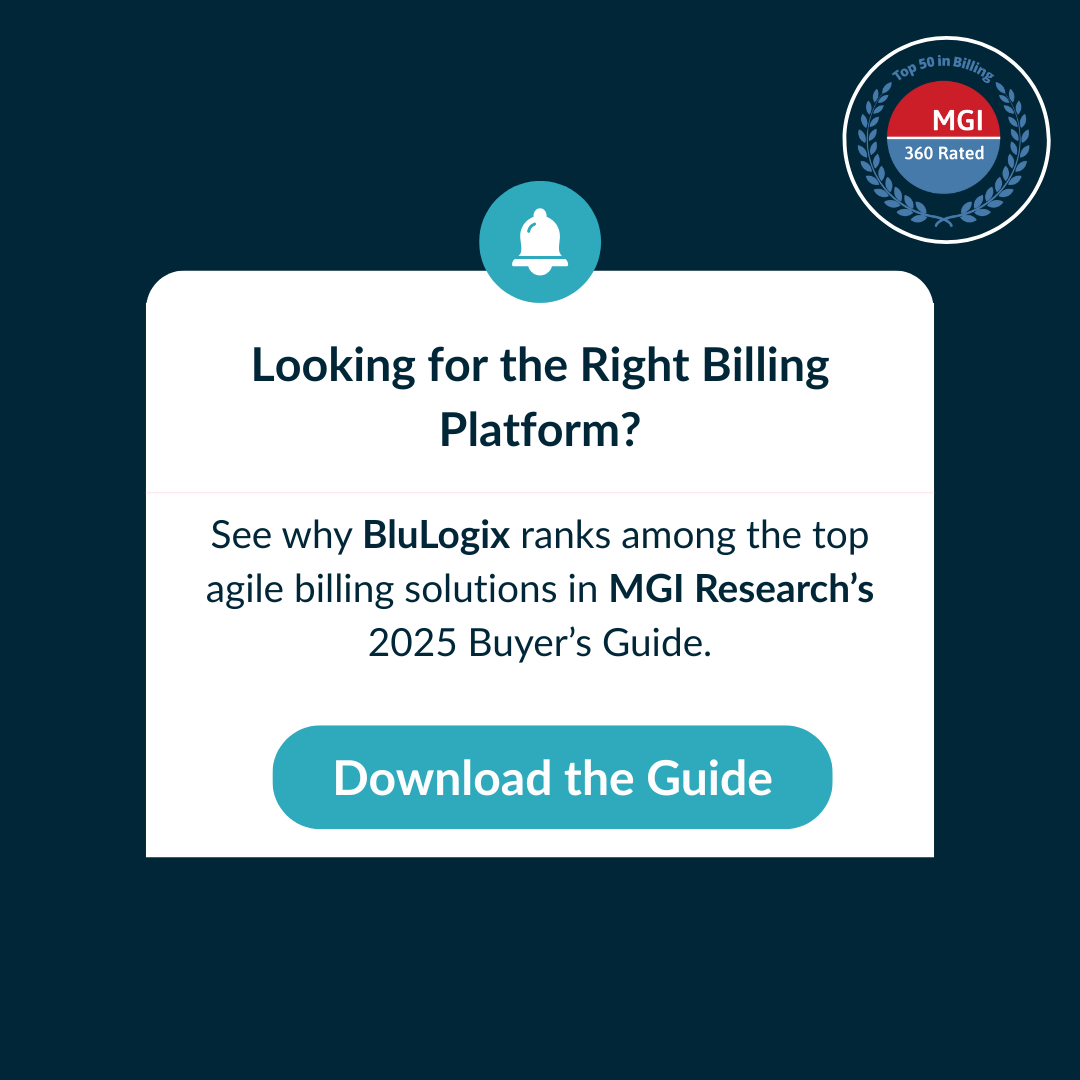How to Make Sure Inefficient Revenue Recognition Don’t Tank Your Subscription Offerings
Efficient revenue recognition is crucial for accurate financial reporting and compliance with accounting standards such as ASC 606 and IFRS 15. These standards require that revenue is recognized when a customer gains control of a service or product, not necessarily when the payment is made. Challenges in aligning revenue recognition with the delivery of services can lead to discrepancies in financial statements and issues with audits.
Sign #8 that you may be outgrowing your billing process: Inefficient Revenue Recognition
Click here to read all “11 Signs You Need a Better Recurring Revenue Billing Process” Now
- Sign: Challenges in aligning revenue recognition with the delivery of services.
- Impact: Affects financial reporting and compliance with accounting standards.
- Solution: Implementing solutions that automate revenue recognition according to recognized standards.
Take your business further with BluIQ’s flexible, scalable, enterprise-grade intelligent billing solutions.
Examples:
Software-as-a-Service (SaaS) Provider:
A SaaS company offers annual subscriptions, with revenue traditionally recognized up front. However, to comply with current standards, revenue should be recognized as the service is delivered monthly. Their old system, which lacks automated functionality for revenue distribution over the service period, leads to inaccuracies in monthly earnings reports and complicates end-of-year financial reconciliation.
Construction and Engineering Firm:
A company in this sector faces challenges with project-based billing where revenue recognition should align with project milestones. Due to the manual tracking of project progress and associated revenue, the firm struggles with delayed and sometimes inaccurate revenue booking, affecting cash flow visibility and financial planning.
Telecommunications Provider:
A telecom company offers bundled services (internet, cable, phone) with equipment (like routers and set-top boxes) where revenue from equipment should be recognized at the point of sale, and services over the usage period. Their existing system fails to differentiate these components effectively, leading to revenue recognition errors and audit risks.
Impact of Inefficient Revenue Recognition:
Inaccurate revenue recognition can lead to significant issues including distorted financial results, poor decision-making based on incorrect financial data, and potential non-compliance with accounting standards, which can result in penalties and damage to business credibility.
Solution:
To streamline revenue recognition processes, businesses should consider:
- Automated Revenue Management Systems: Implement systems that automatically recognize revenue based on delivery and contractual terms, ensuring compliance with accounting standards.
- Real-time Reporting Capabilities: Use platforms that offer real-time insights into revenue streams, allowing for timely adjustments in revenue recognition practices.
- Integration with Delivery and Sales Systems: Ensure that revenue recognition systems are integrated with order management and delivery systems to automatically trigger revenue recognition as goods and services are delivered.
Adopting these solutions helps ensure that revenue is recognized in a timely and accurate manner, improving financial reporting accuracy and compliance with regulatory requirements. This strategic approach not only supports more reliable financial forecasting and planning but also enhances the overall trust in financial statements presented to stakeholders.
Take your business further with BluIQ’s flexible, scalable, enterprise-grade intelligent billing solutions.
Learn more

How AI and Predictive Analytics Are Transforming Revenue Processes for Finance Teams

How Can Public Sector Organizations Turn Chargeback into Strategic Cost Recovery?



